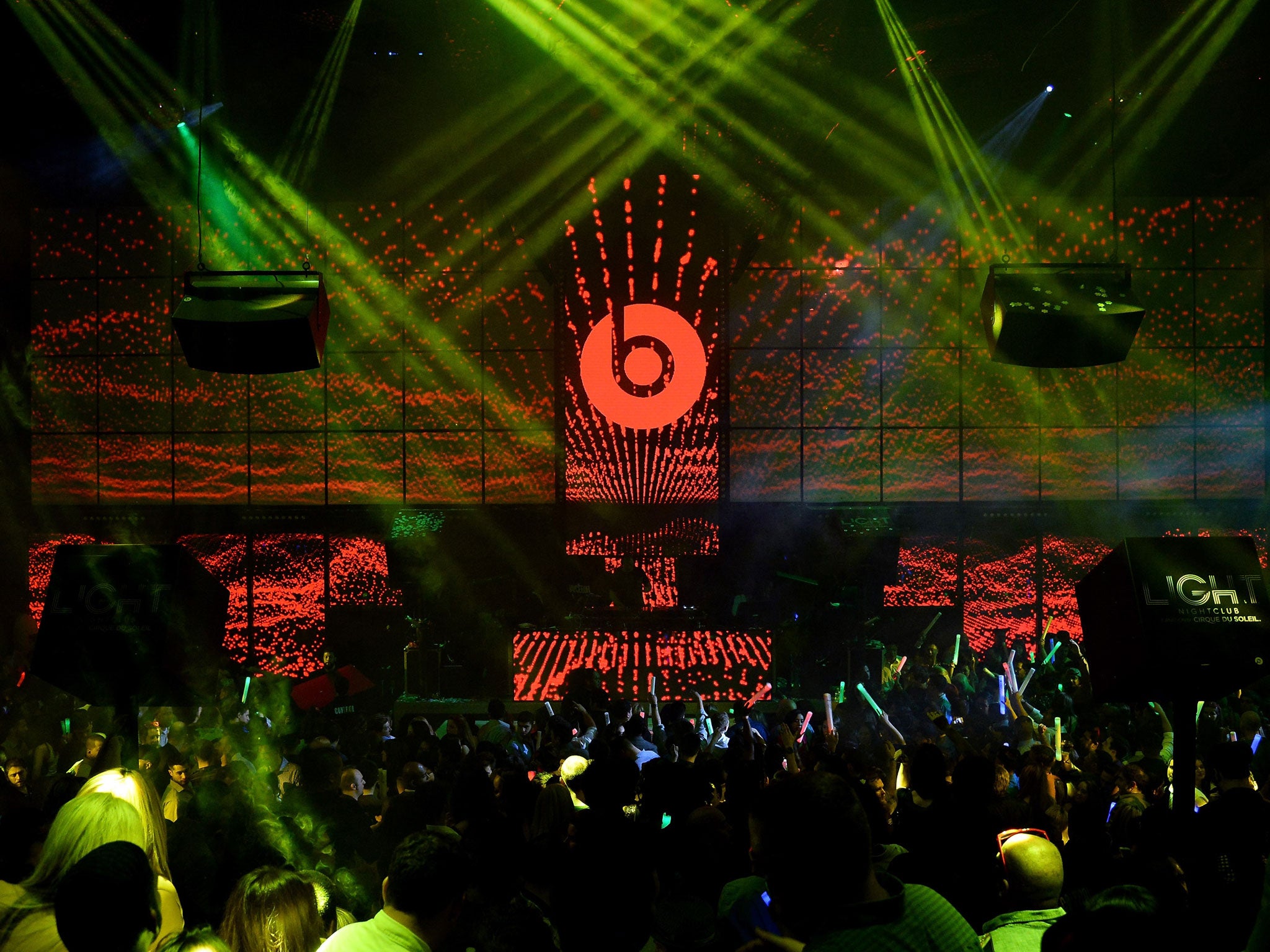Why Spotify can’t forget about Dr Dre’s new venture: Rapper’s Beats Music brings new competition to an already crowded market of streaming services

They used to be known as DJs but now it is the “curators” who compile online playlists who are as crucial to the future of the music industry as the artists themselves.
The launch next Tuesday of a new streaming service, the rap star Dr Dre’s Beats Music, brings new competition to an already crowded sector – and shows that the key to success for an online music offering is not just making songs available but selecting them for the listener and playing them in order.
“It takes a highly curated, uninterrupted sequence of songs to achieve a fulfilling music experience, where the only song as important as the song you are listening to is the song that comes next,” said Dr Dre’s business partner, the record company mogul Jimmy Iovine.
Beats Music has recruited a team of music experts from specialist backgrounds, such as the music website Pitchfork, the rap magazine XXL, the Latin station Latino 96.3 and the country publication Country Weekly.
It promises listeners who pay the $9.99 (£6) a month subscription an endless musical playlist based on “where you are, what you feel like doing, who you’re with, and what kind of music you’re looking to hear”.
The result, honed by algorithms based on every interaction the user makes with the service, has been compared to the “mixtape” compilation, popular in the days of cassettes. The success of this “curation” will determine how well Beats Music – supported by the American telecoms giant AT&T – performs against rivals such as Spotify, which has been honing its Discover music recommendation service over five years.
Based on data from more than 1.5 billion playlists, it reflects past listening history, new releases and the music choices of Spotify friends. Other competitors include Deezer and Pandora, as well as the recently established iTunes Radio from Apple and Google Play Music. YouTube is to launch a streaming service later this year. Gennaro Castaldo, of the British Phonographic Industry, said: “Curation is becoming increasingly important. Consumers are influenced by other people’s recommendations and the playlists are often eclectic and introduce people to new artists and types of music. It’s an exciting time and we have some big players shaping the market.”
In the face of this competition, a British-based online music streaming service, Mixcloud, has now expanded to 10 million monthly users having been a pioneer in the field of curated music. By giving a platform to professional DJs, radio presenters and amateur enthusiasts to upload their own playlists, Mixcloud has built a network of 500,000 “curator platforms” and a catalogue of 3 million radio shows and DJ sets.
Founded as a start-up in a garage with grant funding from TSB, Mixcloud does not use the subscription-based models of Beats Music, Spotify or Deezer, which is now expanding into the US after being founded in France. Instead, Mixcloud is supported by advertising revenues and commercial partnerships with global brands such as Red Bull, Malibu and Adidas, which are seeking to use music playlists to market their brand values.
“Growing up in London, we’ve always been influenced by pirate radio culture, Soho record shops and a club scene unrivalled by no other in the world. The commonality between all these things is the role of the taste maker – the passionate, expert music curator,” said Mixcloud co-founder Nikhil Shah. “This is no different in the digital world, where the role of the curator is more important than ever to help find the signal from the noise.
“We are excited by the community we have built on Mixcloud – over half a million curators and taste makers from all corners of the world.”
BBC Radio is also attempting to compete in the music-streaming market with its free Playlister service, which launched in beta form in October.
Join our commenting forum
Join thought-provoking conversations, follow other Independent readers and see their replies
Comments
Bookmark popover
Removed from bookmarks